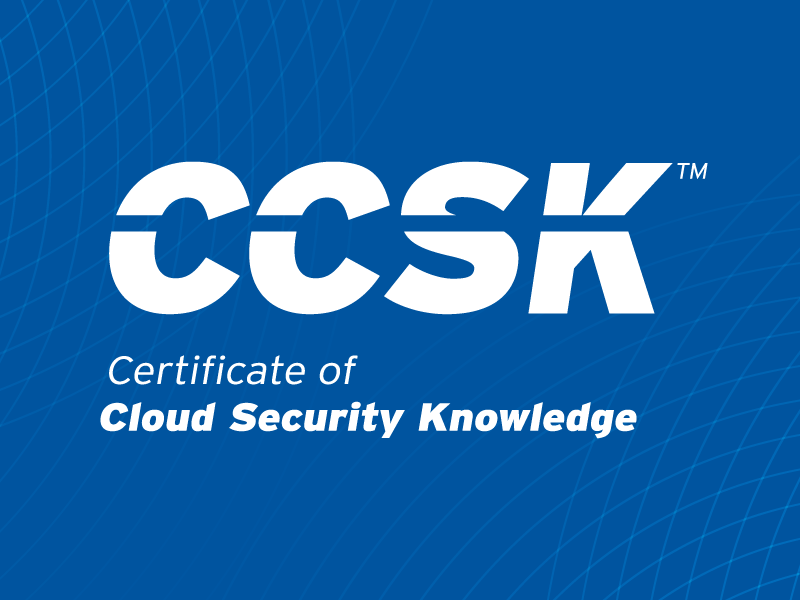6 Top Benefits of Managed Cloud Security
Published 11/14/2024
Originally published by Tamnoon.
As businesses continue migrating to the cloud and expanding their cloud footprint, scaling remediation of misconfigurations and reducing cloud threat exposure becomes a continuous battle for SecOps teams. Managed cloud security services offer the much-needed solution for cloud security teams; what MDR is to SOC teams, managed cloud security services are to security engineers. In this post, we’ll explore six key benefits of managed cloud security in 2024, and why it’s a game-changer for organizations managing security in the cloud.
What is Managed Cloud Security?
Managed cloud security refers to outsourcing the security management of a company’s cloud infrastructure to a third-party provider. These services are designed to reduce threat exposure, ensure regulatory compliance with the latest cybersecurity regulations, and manage vulnerabilities while offering scalability to strapped SecOps teams via well-managed automation. The goal is simple: to provide businesses with peace of mind by monitoring, detecting, and remediating threats in real-time – without endangering working cloud environments with hands-off automated security tooling.
Why now for Managed Cloud Security?
With rising cloud adoption, we have seen a push and pull between pure automation and pure staffing solutions for cloud security. You can read more about our take on automated vs. assistive cloud security remediation specifically in our blog post. Various macro factors have come together to make the case for managed cloud security:
- Purely automated remediation is not always great for business. Automated remediation runs the risk of breaking working production environments and interrupting critical operations.
- Cloud adoption has skyrocketed, with many organizations operating in multi-cloud or hybrid environments.
- Cyber threats targeting cloud services are becoming more sophisticated and frequent.
- Regulatory compliance for data privacy and security continues to grow stricter, and changes to compliance regulations have become more frequent.
- Businesses recognize that managed cloud security services help mitigate these risks without overburdening internal IT teams and without incurring the risks of pure automation for security.
With that in mind, let’s dive into our top 6 reasons to consider a Managed Cloud Security service:
Holistic View of Security Gaps
With a managed security provider, businesses gain full visibility across their infrastructure layer. Putting the burden on in-house teams or automated services to achieve this level of insight is risky; oftentimes, human intuition and expertise are necessary to determine how all the components of a production environment interact with one another and how best to prioritize remediating potential security misconfigurations.
Scalability and Flexibility
Managed cloud security solutions are designed to scale with your business. As your cloud environment grows, managed security providers can adjust their services to ensure ongoing protection. This flexibility is key for businesses that anticipate growth or have fluctuating security needs.
Access to Expert Knowledge and Tools
Managed security providers bring specialized knowledge and advanced tools that many businesses may not have in-house. This includes cloud security frameworks, automated detection tools, and compliance management—ensuring your organization stays ahead of evolving cyber threats.
Regulatory Compliance
Keeping up with the latest regulations is a challenge, especially for businesses operating in multiple regions. Managed cloud controls ensure that your cloud infrastructure complies with industry standards like GDPR, HIPAA, and PCI-DSS, reducing the risk of non-compliance penalties.
Proactive Risk Management
Rather than waiting for a security incident to occur, business-managed cloud security services take a proactive approach. By continuously assessing and improving your security posture, they help prevent vulnerabilities before they can be exploited.
Choosing the Right Managed Cloud Security Provider
When selecting a provider for your managed cloud security needs, consider the following:
- Customization: Does the provider offer tailored solutions to meet your specific cloud security requirements?
- Proven Track Record: Look for case studies and testimonials that demonstrate their expertise in managing security in the cloud.
- Compliance Support: Ensure they have experience in managing compliance for businesses in your industry.
- Scalability and Flexibility: Can they grow with your business? Can they adjust and adapt to a multi-cloud or hybrid-cloud format? As your business grows in ARR, can they handle the increasing size of your infrastructure?
The Bottom Line
Managed cloud security services offer businesses the tools, expertise, and scalability needed to stay secure in today’s increasingly complex cloud environments. By leveraging these services, companies can reduce cloud threat exposure, ensure compliance, and maintain a proactive security posture.
Unlock Cloud Security Insights
Subscribe to our newsletter for the latest expert trends and updates
Related Articles:
Agentic AI and the New Reality of Financial Security
Published: 02/26/2026
AI Security: When Authorization Outlives Intent
Published: 02/25/2026
OpenClaw Threat Model: MAESTRO Framework Analysis
Published: 02/20/2026





.png)



